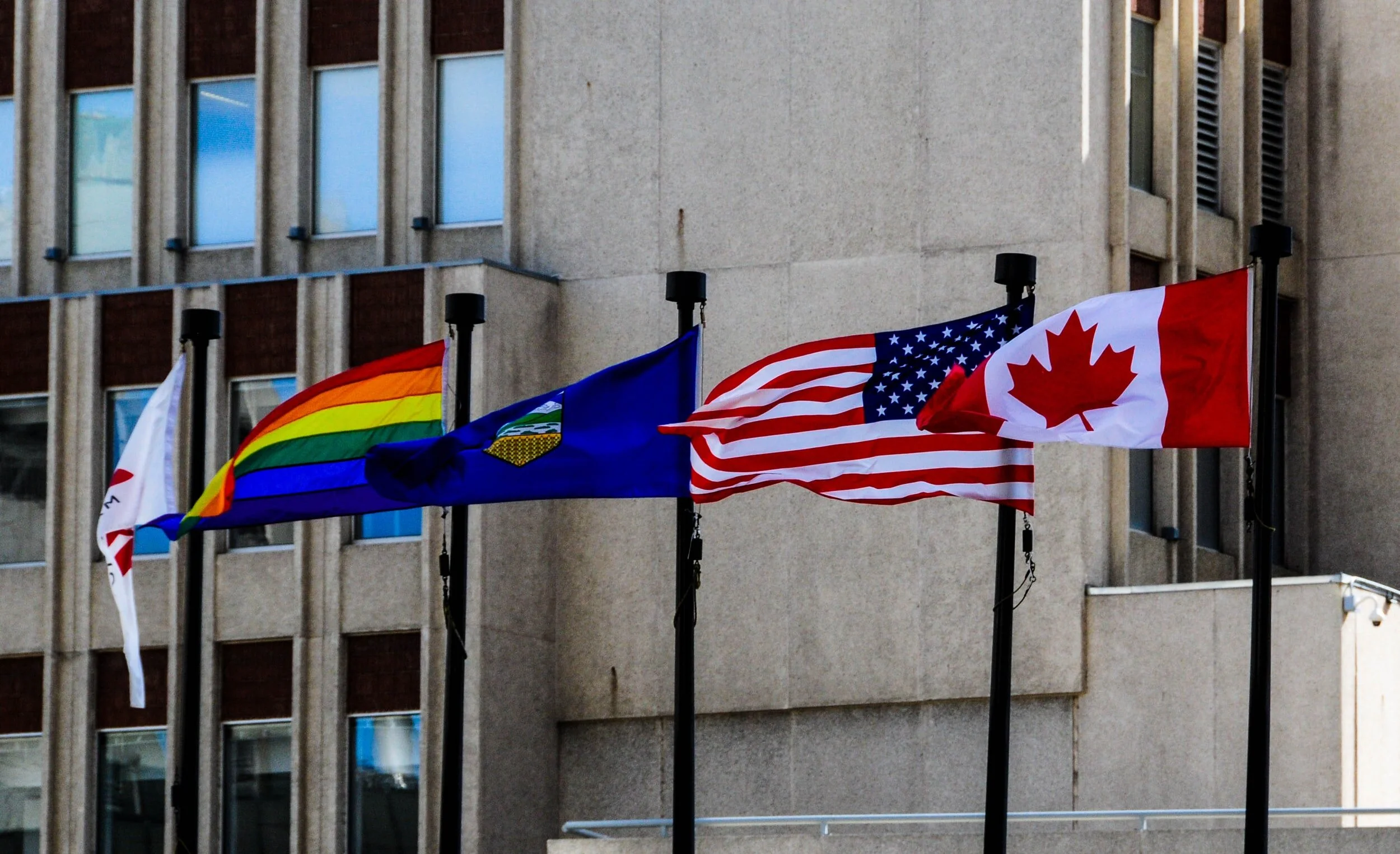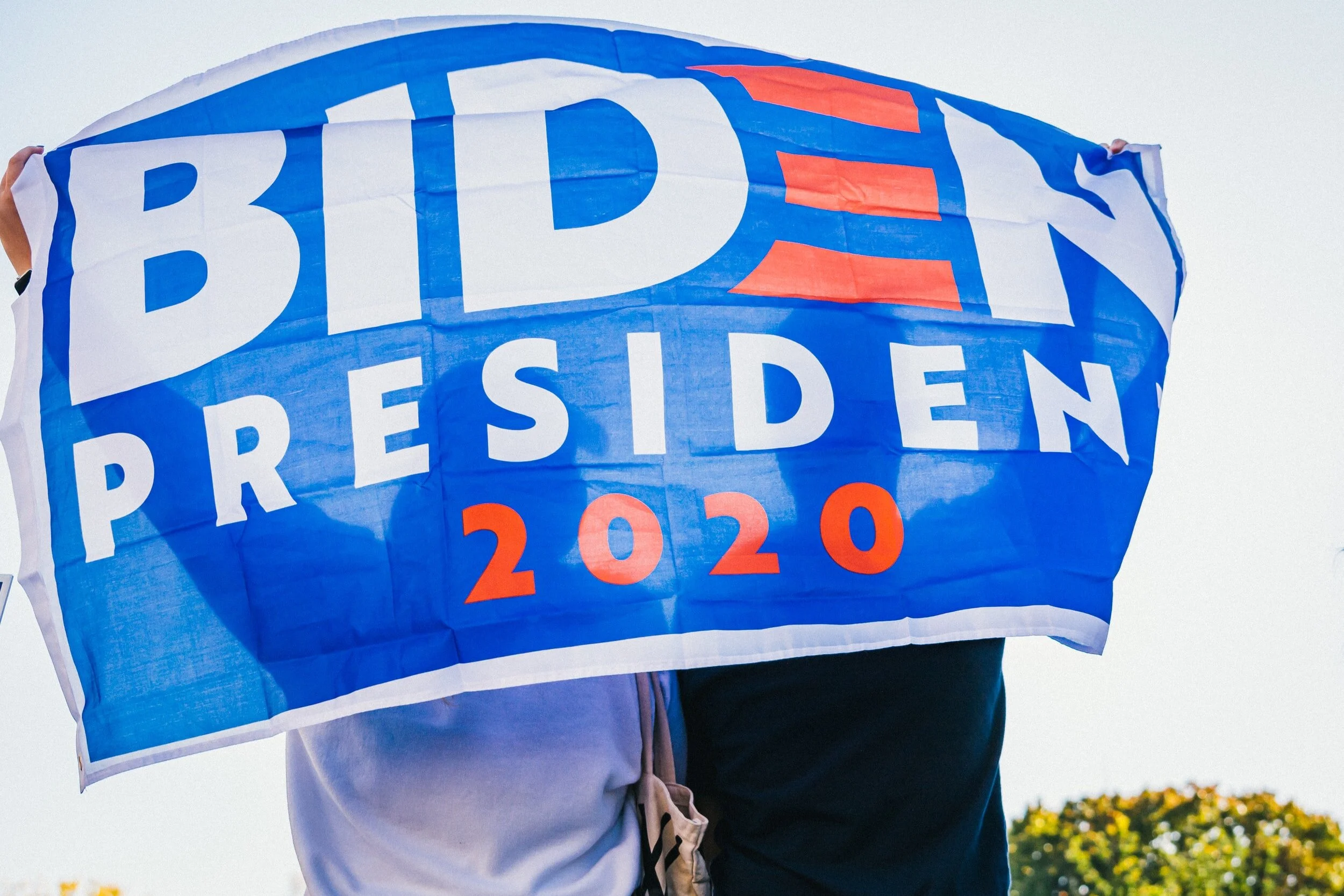The Changing Landscape of Global LGBTQ+ Rights
This blog has been graciously provided to us by Paul J. Angelo and Dominic Bocci of The Council of Foreign Relations.
The global campaign to secure protections for lesbian, gay, bisexual, transgender, queer, and other (LGBTQ+) people has made significant progress in recent decades. Note that:
In many countries, LGBTQ+ individuals still face repression, imprisonment, and even the threat of death
Given the severity and ubiquity of such abuses, laws and safeguards protecting the LGBTQ+ community have become a priority for activists and a growing number of governments
The United States has long been an important battleground for LGBTQ+ rights, and U.S. leadership has been prominent in defending them worldwide
A rapid expansion of protections in the United States were stalled or reversed in areas such as health care and military service, during the Trump administration
There has been a decrease of LGBTQ+ rights in U.S. foreign policy
Progress & Pitfalls in Global Rights
Civil society organizations have lobbied the United Nations for recognition of human rights on the basis of sexual orientation and gender identity since 1945. It was not until 1994 that the discrimination of individuals based on their sexual orientation became a recognized violation in international human rights law.
In 2007, a group of independent experts met in Indonesia to articulate clear guidance for international human rights standards. Their efforts produced the Yogyakarta Principles, which have served as a touchstone for LGBTQ+ rights.
In 2011, U.S. Secretary of State Hillary Clinton marshaled support in the UN Human Rights Council, for the resolution on human rights, sexual orientation, and gender identity.In 2016, the council adopted a resolution that called on member states to protect against violence and discrimination based on sexual orientation and gender identity. Yet, protections are unevenly enshrined in law throughout the world, and anti-LGBTQ+ discrimination persists.
However…
Over seventy countries continue to criminalize homosexual activity. In 12 countries adults who engage in consensual same-sex acts can still face the death penalty. In many places, officials often overlook abuse and murder of LGBTQ+ individuals. Forced marriages, honor killings, and the use of rape as a way of “undoing” a victim’s sexual orientation or gender identity continue to jeopardize many individuals.
Even among countries where same-sex marriage is legal, some still lag in protecting LGBTQ+ people from discrimination in business, education, health, and employment.
Advances Reflected in U.S. Foreign Policy
The United States has become a leading advocate for LGBTQ+ rights internationally. Here are some points to consider:
U.S. credibility on LGBTQ+ rights is tied to the country’s own fight for equality and representation in government.
LGBTQ+ Americans historically faced legal and social discrimination.
During the Cold War, LGBTQ+ individuals were systematically purged from government service, and the federal government continued denying security clearances on the basis of sexual orientation until the early 1990s.
A new generation of activists emerged in the 1980s to contest government inaction and growing stigmatization in the face of the HIV/AIDS crisis.
LGBTQ+ activist pressure put an end to legal discrimination against HIV/AIDS patients, through allocating resources for treatment research, and increased public awareness.
The Obama Administration
The Obama administration represented a turning point in the U.S., making LGBTQ+ rights central to both domestic and foreign policy. This includes:
Repealing restrictions on military service
Improved access to health services for transgender people
Prioritized legislation to prevent bullying and hate crimes against LGBTQ+ Americans
In 2012, Obama became the first U.S. president to voice his support for same-sex marriage, which was legalized by the U.S. Supreme Court in 2015
The U.S. emerged as a world leader in advocacy
The US helped set the UN agenda for expanded international protections for LGBTQ+ people. The US also launched the State Department’s Global Equality Fund to advance their human rights around the world.
Executive agencies were directed to promote these rights in diplomacy and foreign assistance. The repeal of discriminatory laws was also encouraged. The US also appointed a special envoy for LGBTQ+ human rights to coordinate U.S. diplomacy on the matter.
The Trump Administration
The Trump administration’s approach to LGBTQ+ rights involved:
Appointing openly gay men to high-ranking diplomatic and national security positions
Overseeing a largely rhetorical campaign to decriminalize homosexuality worldwide
Repealing critical protections
Initiating a ban on military service for transgender
Rolled back healthcare guarantees for transgender patients
Launched the Commission on Unalienable Rights, which threatened LGBTQ+ and women’s rights under religious liberty
Future Challenges & Opportunities
Joe Biden campaigned for president on a promise to restore the United States’ standing as a leader in defending the rights of LGBTQ+ individuals. Biden is poised to make advancements in this space. Here are some key points:
He was the first senior Obama administration official to back marriage equality
He argued in international forums that LGBTQ+ issues are the civil rights issue of our time
He vowed to work closely with allies and like-minded governments to ensure that violence and discrimination against LGBTQ+ individuals does not go unchecked
Overturned the ban on military service for transgender people
Appointed the first openly gay cabinet member
Biden has committed to reinstating anti-discrimination policies in federal contracting
Committed to the Equality Act legislation that would provide federal protection against all anti-LGBTQ+ discrimination
Efforts in this area will depend on congressional backing but seem achievable
Promises to strengthen recognition of LGBTQ+ professionals through appointments to senior domestic policy and national security positions
Appointed first transgender individual to receive a nomination to a Senate-confirmed position
What Needs to Be Done
Confront illegal LGBTQ+ abuse and discrimination in Eastern and Central Europe
Target harassment by law enforcement in the Middle East, North Africa, and sub-Saharan Africa with sanctions
Expand asylum protections for LGBTQ+ individuals seeking refuge in the United States





